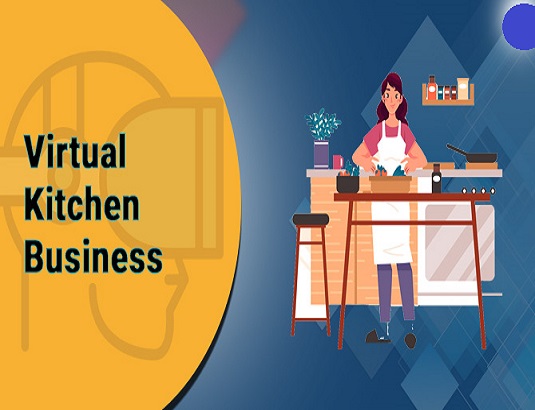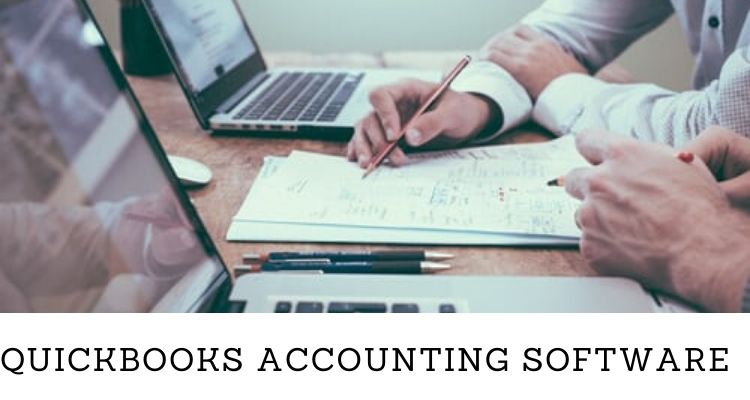A virtual kitchen business, which is also known as a cloud kitchen is a restaurant that does not have a physical space for dining. A virtual restaurant has all the functions except seating and takeaway options. The business runs on an online website. Customers order on the online website which is then processed and the orders are fulfilled by the business. FSSAI License and eating house licenses are two important licenses that must be obtained by business owners.
What are the Benefits of Virtual kitchen?
A virtual kitchen has several advantages, which is why it is considered as one of the most successful businesses. In this section, we will talk about certain benefits of a virtual kitchen –
Lower expenditure
An online business saves up several costs such as rent, working capital costs, electricity bills etc. these costs can be difficult to combat, initially in the initial years of the business.
Higher Profit Margins
Many overhead costs can be saved when it comes to virtual kitchen business. Since many costs can be reduced, the chances of earning profits are more with regards to a virtual kitchen.
Prompt and Efficient Service
If the kitchen business is located in various locations, the service is quicker and faster in comparison to other businesses that are located only in one location.
Higher Flexibility
It is easier to bring changes when it comes to an online business. There is a lot of freedom and making changes as per the requirements is easier for business owners.
More opportunities for expansion
A virtual kitchen has various opportunities to expand and grow as the same website and equipment can be used to make new products which results in the growth of the business.
What are the types of virtual kitchens?
Virtual kitchens are divided into several types –
- Independent cloud kitchen model
- Freshmenu business model
- Rebel Foods Business Model
- Swiggy access business model
What licenses must be obtained for virtual business?
A virtual kitchen must obtain various licenses without which they will not be able to operate or undertake business activities.
FSSAI License
Acquiring a FSSAI License is significant for a kitchen business. It must be obtained by food business operators before undertaking business activities.
State FSSAI Registration
State FSSAI registration is one of the categories of FSSAI registration. Following are some crucial aspects of a state registration –
- Food business operators such as small to medium-sized manufacturers, storage units, transporters, retailers, marketers, distributors etc. are required to obtain State FSSAI License.
- The State Government issues state License
- It is significant for food businesses to fulfill the minimum requirements to undertake business operations to obtain the State FSSAI License.
- The businesses that have an annual turnover of more than 12 lakh must obtain state license.
- The maximum duration of this license is 5 years and the minimum is 1 year.
What documents are required for Basic FSSAI Registration?
Following are some documents that must be acquired to obtain Basic FSSAI license –
- Passport size passport of the applicant
- ID proof such as Voter ID, Aadhar card
- Permanent address
- Phone Number
- Copy of property papers
- Non-Objection Certificate
- A copy of rent agreement
What documents are required for State FSSAI Registration?
Following are some documents that must be acquired to obtain State FSSAI license –
- A List that mentions details of Partners, Owners, and Members with their respective addresses and contact details
- Latest Passport-sized photograph of the applicant
- ID proof such as Voter ID card or Aadhaar Card
- PAN Card
- Address Proof such as Telephone, Mobile Bill, Electricity or Gas Bill
- Rent Agreement
- NOC from the land owner
- Partnership Deed/ MOA/AOA
- NOC from the manufacturer
- Details with regards to raw materials
- NOC from the Government
- E-Code document
- Form IX
What documents are required for Central FSSAI Registration?
Following are some documents that must be acquired to obtain Central FSSAI license –
- Declaration Form of FSSAI license
- A copy of certificate
- Completed and signed Form- B
- List that entails details such as the name of machinery and equipment with the quantity and power applied.
- IE code document
- A copy of License from the manufacturer
- Proof of ownership of premises, documents such as sale deed, Rental Agreement
- A list with details of proposed Partners, Directors, Members etc.
- A list of the food items that will be used to manufacture food products
What is the registration process to acquire FSSAI License?
- Filling FSSAI licensing registration form A and makepayment for the registration fees
- Once the payment is confirmed and approved, the applicant must fill Form B.
- Declarations must be filled with the applicant form.
- After the application is approved by the authority, the license will be issued.
Eating House License
The Eating House License is issued by the Police authority of a particular state where the business owner wants to open hiseating house. The cost of the Eating House License in India is approximately INR 300 and is usually issued for a time period of 3 years.
What are the significant aspects to ensure while setting a virtual kitchen?
- Creation of an online website to showcase products
- Set up order management system
- Management of customer orders and feedback
- Obtain required licenses and certificates
- Partner with potential delivery companies for product delivery
Conclusion
Starting a virtual kitchen business requires several steps. These steps are followed by individuals to obtain various licenses and approvals from the authority. The business can be started within a few weeks. It is significant to understand all aspects of setting up an online business and then start the business.






